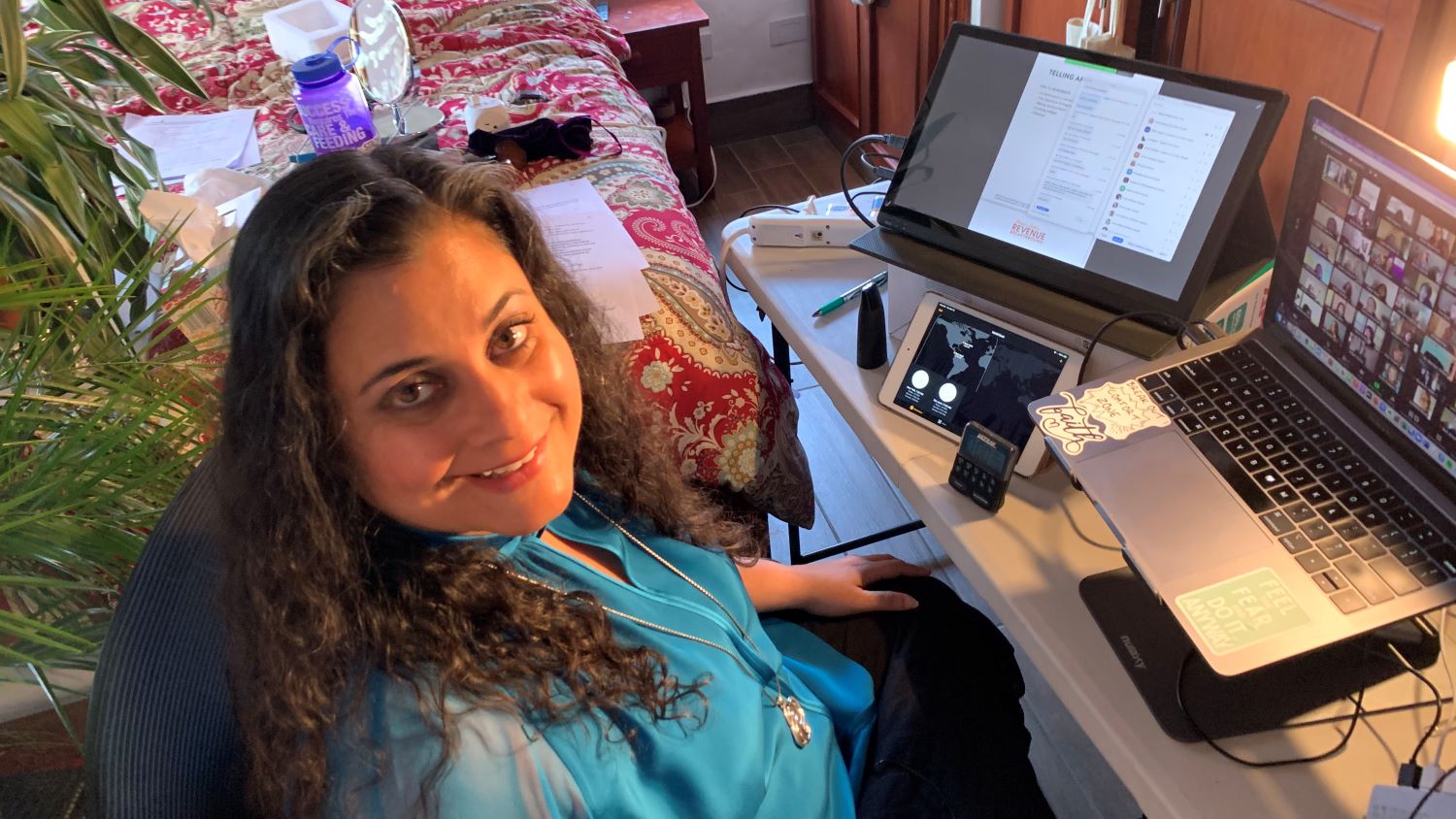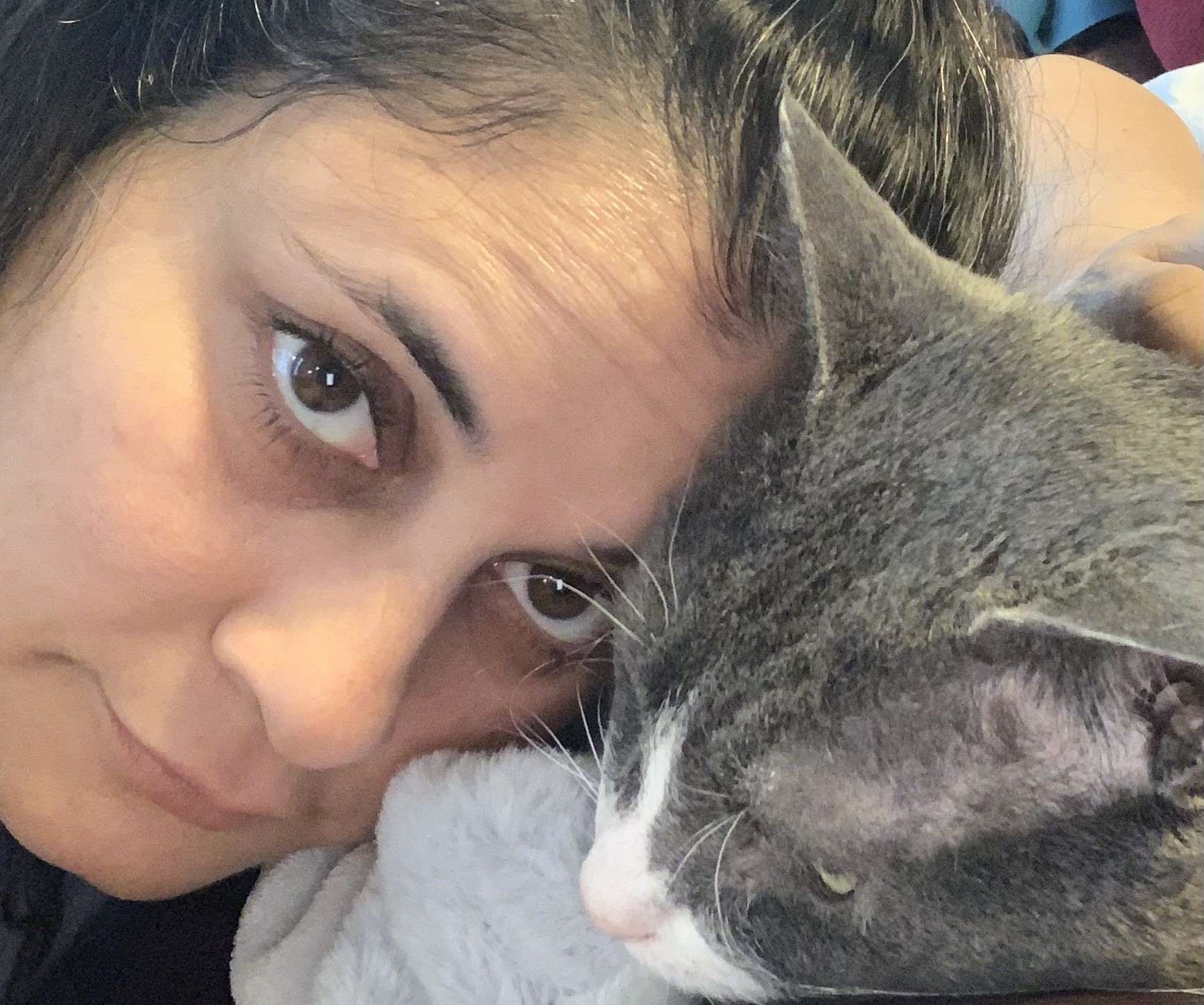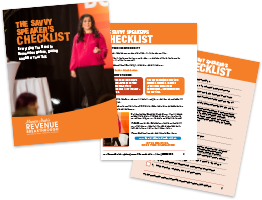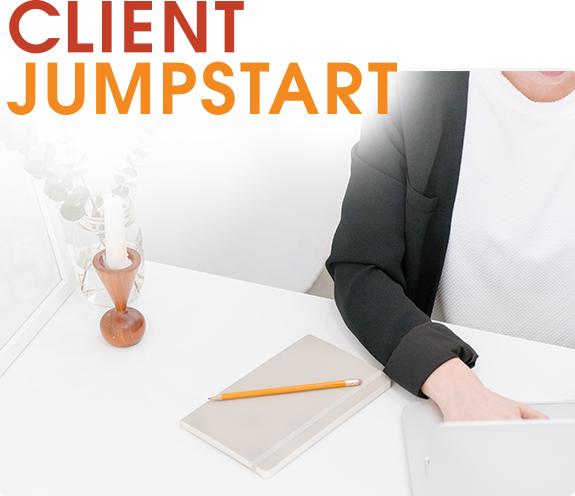How To Deal With Money Regrets and Bad Money Decisions

As a business coach I work with entrepreneurs every day, and we all go through the whole spectrum of emotions. In fact how we manage our emotions is one of the keys to success.
One of the concepts that Brene talks about is the difference between Shame and Guilt.
Shame is when you blame yourself for something. “I am bad.”
Guilt is when you blame the action. “I did something bad.”
Let’s use a money example here. Let’s say you need to pay $800 for a program that you are participating in. You get to the time of payment and you realize that you just can’t pay the bill. Perhaps you didn’t get as many clients as you wanted that month.
You can say to yourself, “I’m not a good business person. I’m not good with money. I will never make this work. I’m a total failure.” Shame.
Or you can say to yourself, “This month my activities weren’t as organized or structured as they could have been. My planning wasn’t on target. The days got ahead of me and I engaged in activities that weren’t revenue generating.” Guilt.
Now you can probably see the difference between money shame and money guilt. One is about berating yourself. The other is about looking at how you can change your actions.
If you’re anything like me – it’s way too easy to go into shame and skip straight over guilt.
But here’s what you should know, according to Brene, “Shame is highly correlated with addiction, violence, aggression, depression, eating disorders and bullying. Researchers don’t find shame correlated with positive outcomes at all – there are no data to support that shame is a helpful compass for good behavior.”
She says, “We feel guilty when we hold up something we’ve done or failed to do against our values and find that they don’t match up. It’s an uncomfortable feeling, but one that’s helpful. The psychological discomfort, something similar to cognitive dissonance, is what motivates meaningful change. Guilt is just as powerful as shame, but its influence is positive, while shame’s is destructive.”
Using guilt versus shame is an easy tweak that we can all make with ourselves and those we care about, especially when it comes to money.
I find that Money Shame is actually paralyzing for my clients. Blaming yourself for your debt, your lack of savings or for making the wrong investments just leads you to find solace in Ben and Jerry (the ice cream). It doesn’t actually lead to meaningful change.
Money Guilt – where you look at what you could have done differently and how you are going to shift right now in the moment – that actually leads to meaningful actions that can help you move forward.
This week ask yourself – am I participating in shame or guilt? Also look at how you are treating your team and family. When you are upset, are you focusing on their behaviors or are you criticizing them as people?
And when it comes to looking at your bank account, your savings, or your debt – focus on what actions you can take to change. Don’t languish in self-loathing or self-criticism.
For more on how to deal with money shame and money guilt – please check out my upcoming livestream on July 28th at 6:00 PM ET: What’s Your Money Type?
I’m going to be explaining all things money and how you can start attracting more of it by changing the way you think, talk and look at it.
Leave me a comment and let me know how you are dealing with your money shame and what you thought of this article. It gets lonely over here – would love to hear from you!







